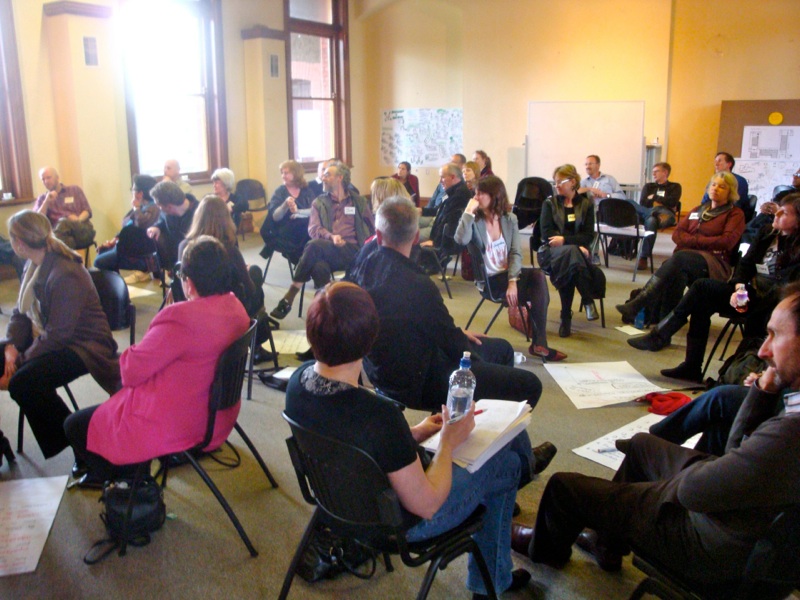“We know a lot about the ideal environment for a happy whale or a happy mountain gorilla. We’re far less clear about what constitutes an ideal environment for a happy human being.”– Enrique Peñalosa
This intriguing, hands-on Melbourne Fringe Festival event considers how we piece together the ideal environment for happy humans.
Be prepared to think, listen, contribute and decide.
18th, 20th & 26th September, 6pm
City of Melbourne Bowls Club
Flagstaff Gardens, Dudley St, West Melbourne
Tickets on sale now!
Adult $23 / Conc $20
To book; 03 9660 9666 or melbournefringe.com.au
Book early – only 30 tickets per show
For more info, check here or, facebook.com/19pointsofconnection

